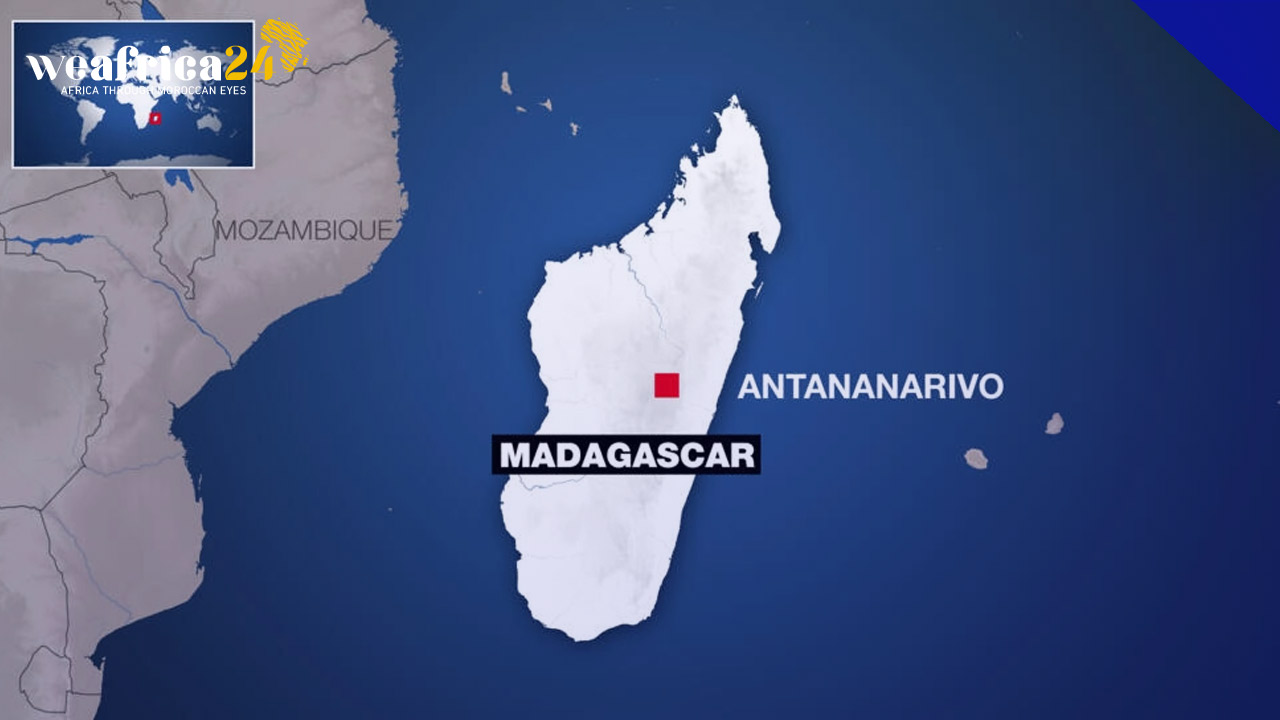Cyclone Chido Leaves Trail of Destruction Across Mayotte and Madagascar
MAMOUTZOU, Mayotte/ANTANANARIVO, Madagascar – Cyclone Chido, which recently slammed into the islands of Mayotte and Madagascar, has left a trail of devastation in its wake, causing significant damage to infrastructure, displacing thousands, and leaving a precarious humanitarian situation. While the full extent of the damage is still being assessed, initial reports indicate widespread flooding, power outages, and damage to homes and businesses across both territories. The official death toll remains low, but concerns remain high regarding access to essential services and the potential for disease outbreaks in affected areas.

The French overseas department of Mayotte bore the brunt of Chido’s initial impact, experiencing sustained high winds and torrential rainfall. According to the Préfecture of Mayotte, over 1,500 homes have been damaged, with many rendered uninhabitable. The local authorities reported widespread flooding in low-lying areas, disrupting transportation and isolating several villages. Power outages affected a significant portion of the island’s population, hampering rescue and recovery efforts. "The situation remains critical," stated a spokesperson for the Préfecture, "and we are working tirelessly to provide assistance to those affected." Specific details regarding the number of displaced individuals and the extent of agricultural damage are still being compiled.
Madagascar, already grappling with significant humanitarian challenges, faced the secondary impact of Chido, primarily in the northern regions. While the cyclone weakened considerably before making landfall, heavy rains triggered widespread flooding and landslides, impacting vulnerable communities already struggling with food insecurity and poverty. The National Office for Disaster Risk and Management (BNGRC) in Madagascar has reported initial assessments showing damage to homes and infrastructure, particularly in the Diana and Sava regions. However, access to these remote areas remains limited due to damaged roads and communication disruptions, hindering a comprehensive assessment of the damage.
The United Nations Office for the Coordination of Humanitarian Affairs (OCHA) has expressed serious concerns regarding the potential for secondary impacts, including waterborne diseases and the disruption of essential services like healthcare and sanitation. "The combination of pre-existing vulnerabilities and the impact of Cyclone Chido creates a particularly challenging situation," stated an OCHA spokesperson. International aid organizations are mobilizing resources to provide emergency assistance, including food, water, shelter, and medical supplies. However, logistical challenges, including the remoteness of some affected areas and the ongoing threat of further rainfall, are hampering the delivery of aid.
The full extent of the economic damage caused by Cyclone Chido remains to be seen. Preliminary assessments suggest significant losses in the agricultural sector in both Mayotte and Madagascar, which could further exacerbate existing food insecurity issues. The long-term recovery process will require substantial investment and international cooperation. Further updates will be provided as more information becomes available from official sources and on-the-ground assessments are completed. The situation continues to evolve, and the need for continued humanitarian assistance remains paramount.



